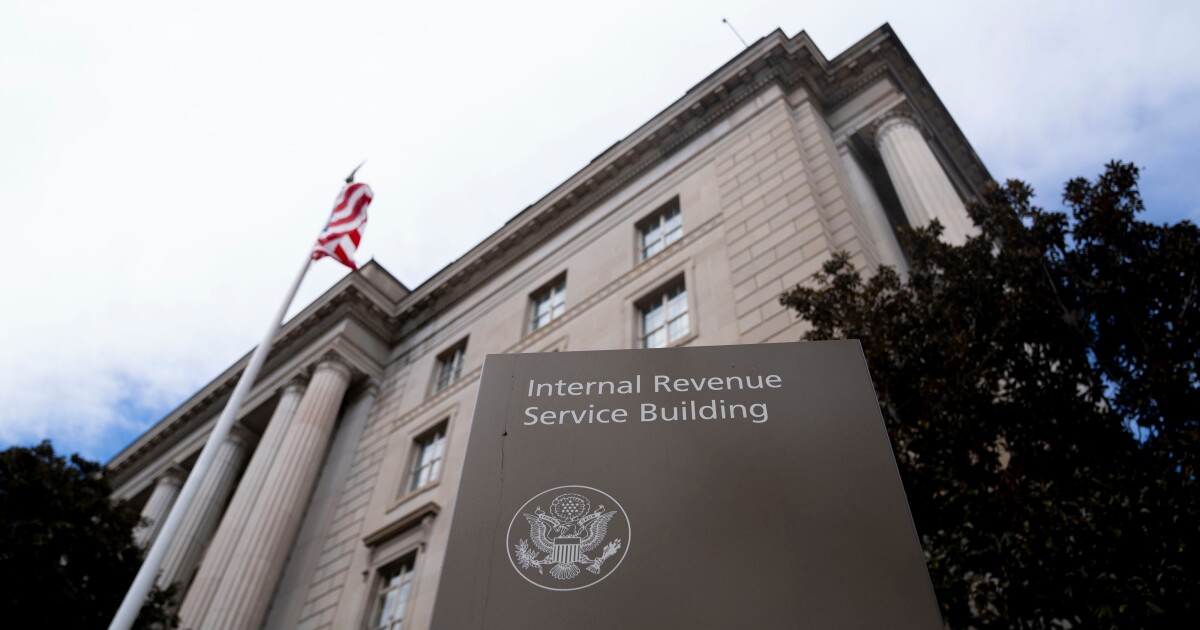Book’im; out of Service; what a pill; and other highlights of recent tax cases.
Greenbelt, Maryland: Jerome Brown, of Detroit, has been sentenced to five years in prison for laundering money stolen from federal and North Carolina state refunds.
In his guilty plea in 2022, Brown acknowledged that from February through August 2020 he conspired with individuals in Nigeria and Michigan to launder wire-fraud money. Using information from ID-theft victims (including in Maryland), the conspirators put the money on prepaid debit cards that Brown deposited into bank accounts and cashed out through ATM withdrawals and by purchasing money orders and cryptocurrency.
Brown cashed at least some $540,975.80 from prepaid cards as part of the scheme. He kept about $216,390 and sent some $324,585 in Bitcoin to his co-conspirator in Nigeria.
He was also ordered to pay $604,889.64 in restitution.
Somerset, New Jersey: Tax preparer Vito A. Pascarella has pleaded guilty to preparing false returns for clients.
Pascarella reported false wage numbers, falsely reported that taxpayers owned and operated businesses, and falsely reported that those purported businesses earned gross receipts and incurred business expenses.
He caused a total federal tax loss exceeding $550,000.
Sentencing is Sept. 15. He faces up to three years in prison, as well as a period of supervised release, restitution and monetary penalties.
Santa Monica, California: Christopher Scott King has pleaded guilty to operating an illegal gambling business, tax evasion and money laundering.
Working out of Los Angeles County, King used a sports betting website in Costa Rica to facilitate bettors wagering on sporting events in violation of both California state and federal law.
Between 2019 and 2022, King also concealed $13,586,493 of income from the IRS by, among other things, not reporting all his income. On his 2022 income tax return, for example, he reported $143,258 in taxable income but had earned more than $5 million that year.
King laundered his money by channeling it through real estate development projects and gold. He also used money from his gambling business to fund brokerage and financial accounts.
He caused a total federal tax loss of $3,804,218.
King has agreed to forfeit $10 million at sentencing, which is Sept. 9. He faces up to five years in prison for each count of tax evasion, operating an illegal gambling operation and accepting a financial instrument for unlawful internet gambling, and 10 years in prison for money laundering. He also faces a period of supervised release, restitution and monetary penalties.
St. David, Arizona: Roy Layne has been sentenced to four years in prison for filing false returns and loan applications to obtain pandemic relief.
To create the appearance that he was operating several businesses, Layne filed paperwork with the IRS, applied for a business license from the City of Tucson, opened business bank accounts and filed false employment-related returns. In April 2020, he filed an application with the U.S. Small Business Administration that claimed he operated a “wholesale” business with 17 employees that had annual revenue of more than $500,000. In 2021, he submitted a false application for a Paycheck Protection Act loan, claiming that same wholesale business had 31 employees and $1.2 million in revenue.
Layne ultimately received $306,700 in undeserved pandemic-related loans. He also used the personal ID information and the identity of another person to file false claims for federal refunds with the IRS.
In total, Layne, who pleaded guilty last year, claimed more than $7.4 million in false refunds, of which the IRS paid $590,000.
He was also ordered to serve three years of supervised release and pay $856,692.91 in restitution to the United States.
Hackensack, New Jersey: Tax preparer Joshlyn Raye, 49, of Elmwood Park, New Jersey, has been sentenced to three years in prison for tax evasion and for helping her clients file falsified returns that generated larger refunds.
Raye previously pleaded guilty to one count of aiding and assisting in the preparation of a false and fraudulent return, one count of tax evasion and one count of filing a false declaration under penalty of perjury concerning a quarterly return on behalf of her tax prep business.
Between March 2010 and September 2023, Raye owned JB Tax Services. She evaded her personal income taxes over three of those years, filed 177 false returns for clients and filed three false quarterly employment returns for her business. She used fabricated and inflated figures, including expenses and itemized deductions.
She was also sentenced to three years of supervised release and ordered to pay $1,109,214.10 in restitution.
Corpus Christi, Texas: Business owner Timothy Gaines Pollard has admitted failing to pay employment taxes.
Pollard owned and operated Tim Pollard Construction, a residential remodeling and fence-installation business in Bishop and Kingsville, Texas. He admitted that from 2019 through 2021, he was responsible for collecting and withholding employment taxes from his employees’ paychecks. He also admitted that he withheld the money from his employees but failed to pay it to the U.S. and instead used the funds to pay personal expenses.
The total tax loss exceeded $400,000.
Sentencing is July 30. Pollard faces up to five years in prison and up to a $250,000 fine.
Grandview, Missouri: Tax preparer and ex-IRS employee Sandra Mondaine, 64, has been sentenced to 33 months in prison for filing false returns.
Mondaine, who pleaded guilty last year, prepared returns for clients in the Kansas City area, obtaining information from them either in-person or through the mail. She prepared returns with false information regarding residential energy credits, charitable contributions, medical expenses and dependents, among other details.
She retained a portion of the claimed refunds before providing the rest to clients. Authorities said Mondaine also appears to have submitted doctored and fake substantiation documentation when her clients were audited by the IRS.
The total tax loss related to the counts of conviction was $1,113,215.90, which Mondaine was ordered to pay in restitution to the IRS.
Baltimore: Pharmacy owner Moshe Gabay, 54, has pleaded guilty to one count of filing false federal returns.
Gabay underreported his income by more than $3.5 million and so owed more than $1 million in taxes.
He owned and operated SINU-RX Pharmacy and provided information to his bookkeepers and tax preparers that falsely categorized funds taken from SINU-RX. These funds were listed as business expenses, but Gabay had diverted the money for his personal use.
Gabay agreed to pay restitution of more than $1 million; he also faces up to three years in prison.


 Economics1 week ago
Economics1 week ago
 Accounting5 days ago
Accounting5 days ago
 Economics6 days ago
Economics6 days ago
 Personal Finance5 days ago
Personal Finance5 days ago
 Economics1 week ago
Economics1 week ago
 Accounting5 days ago
Accounting5 days ago
 Economics1 week ago
Economics1 week ago
 Finance4 days ago
Finance4 days ago











